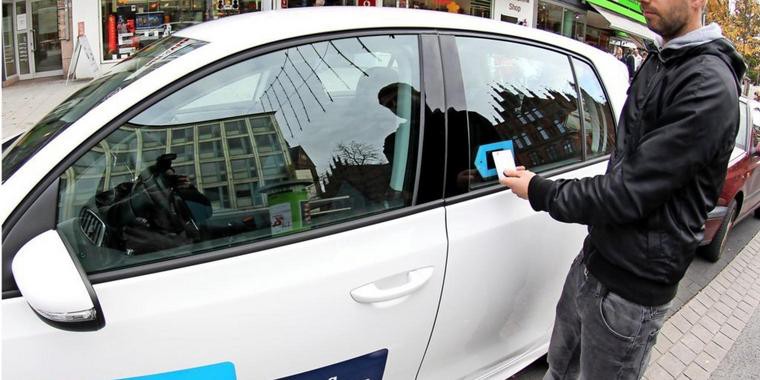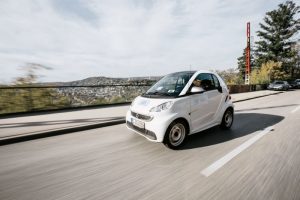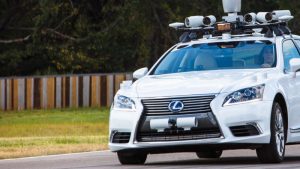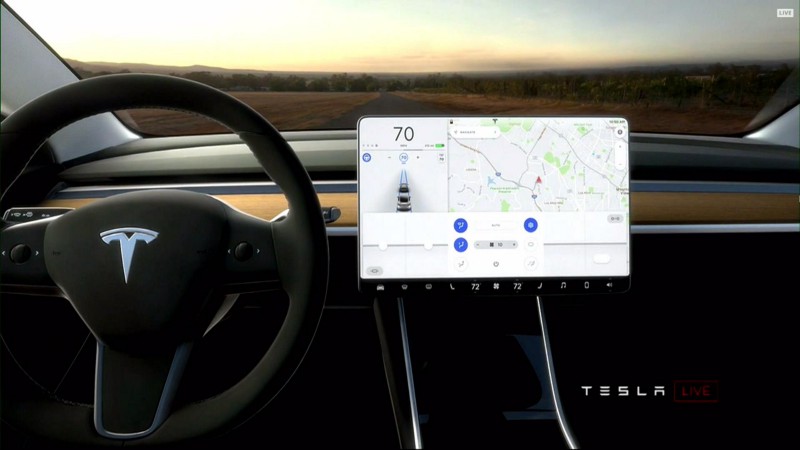
ING: 7.5 million shared cars in Europe by 2035
ING has published a new report, Car Sharing Unlocked, in which the company claims that Europe will have up to 7.5 million shared vehicles by 2035, from today’s 370,000 (0.1% of all vehicles). According to the report, 30% of Europeans who have a driver’s license show an interest in car sharing and 60% are ready to share their won vehicle for a fee. The interest is even stronger in Southern Europe. A similar claim has been made by KPMG — 50% of all vehicles will be shared by 2040.
The report also talks about various barriers to the growth of car sharing. 40% of the respondents to the survey, upon which the report is based, said they would like to see improved user experience, easier to use service and more vehicles, as well as, lower rates. Competition from other modes of shared mobility, such as ride-hailing also constitutes a barrier.
Car2go to launch in Paris

Daimler has announced at the Paris Motor Show that car2go, its car-sharing service will be launching in Paris in the beginning of 2019. The service will start with 400 electric Smart EQ Fortwo vehicles. The fleet will expand throughout the year.
The company already operates fully electrical fleets in Amsterdam, Stuttgart, and Madrid. Renault’s Moov’in will also debut its EV car-sharing service in early 2019 with 120 vehicles. PSA is launching its own carsharing service, Free2Move by the end of the year with 500 Peugeot and Citroen vehicles.
The timing coincides with the city of Paris pulling a plug on its indebted car sharing service Autolib, run by Bollore.
Toyota and Softbank team up for self-driving services

Toyota and Softbank have teamed up to develop self-driving car services. The automaker and Japan’s most influential tech company will develop a platform to operate autonomous vehicles that can be used as mobile shops, hospitals, and other services. The multi-purpose platform will be based on Toyota’s “e-Palette” concept, through which Toyota announced plans to produce the hardware and software for shuttle-sized multi-purpose vehicles.
The joint venture will be called MONET, short for mobility network, and will start with the initial capital of $17.5 million. The two companies plan to roll out a self-driving car service by 2020.
Toyota already has several partnerships working on self-driving cars. Early this year the company teamed up with Aisin Seiki and Denso Corporation to form Toyota Research Institute — Advanced Development.



